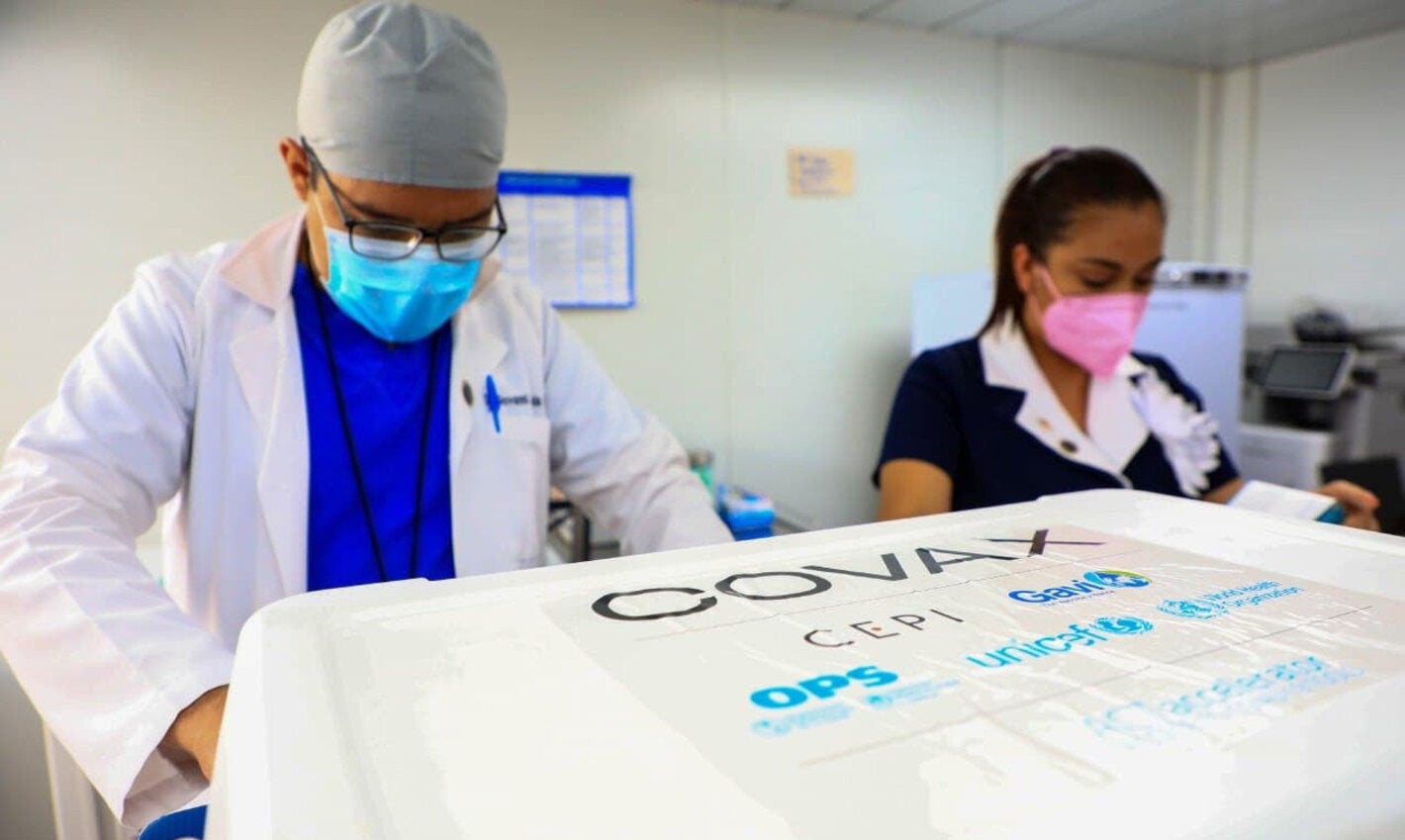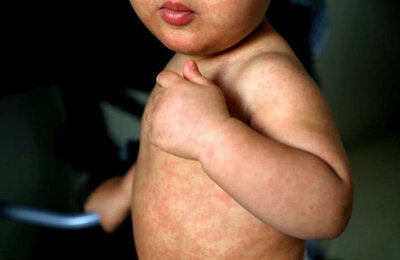
Concerted action needed to accelerate vaccine access, improve manufacturing capacity and increase investment in health, PAHO Director says at Special Meeting of OAS Permanent Council.
Washington, D.C. September 30, 2021 (PAHO) – Pan American Health Organization (PAHO) Director Carissa F. Etienne today outlined key priorities to end the “most significant health crisis to affect our region in a century” and urged countries to work together to address the health, economic and social impacts of the COVID-19 pandemic.
“At a time of stark divisions across and within our countries, we cannot lose sight that better coordination will end this crisis more quickly, for all of us,” Dr. Etienne said at a virtual Special Meeting of the Permanent Council of the Organization of America States (OAS).
Highlighting the disproportionate human and economic impact of the pandemic in the region, which has killed over 2.4 million people and led 22 million into poverty in the Americas, Dr. Etienne stressed that vaccines must be made available to all. “There is no path to recovery for any of us while our neighbors remain vulnerable and while variants circulate and multiply.”
Dr. Etienne outlined PAHO’s priorities to help address the impact of the pandemic, saying the first and most urgent one is expediting the delivery of COVAX-procured and donated vaccines to countries in the Americas to protect people from severe COVID-19 disease.
“As we continue to face delays in vaccine production – and many low- and middle-income countries worldwide await the doses they expected months ago – we must explore all possible avenues to accelerate access to vaccines,” she said.
The PAHO Revolving Fund, building on its 40-year trajectory to pool vaccine requirements and funding from countries in the region, is working directly with manufacturers to secure the COVID-19 vaccines the region still needs at affordable prices, she said.
The Director said PAHO’s second priority is to reduce the region’s overdependency on imported health products, highlighting the organization’s new initiative, in partnership with WHO, to develop and produce mRNA vaccines in the region. This initiative is also part of a broader effort by PAHO to invest in improving pharmaceutical supply chains to enable Latin America and the Caribbean to become more self-sufficient.
“This won’t happen overnight and will require significant investment, but this cost pales in comparison to the steep price of inaction,” she added.
Looking to the future of the pandemic and beyond, the PAHO Director said another priority is to improve investments in health systems, noting that most countries in the Americas are not dedicating the recommended 6% of national GDP to public health with a focus on primary care. “This underinvestment keeps us vulnerable,” she said.
“Strong, resilient health systems are the basis of an effective pandemic response and key to fulfilling our promise of health for all,” she concluded.
Selected quotes from the Special Meeting of the OAS Permanent Council
Luis Almagro, OAS Secretary General – “We need to have political will. Now, more than ever, we need to work urgently in a more coordinated fashion towards a common agenda so that we have better tools to face this, use our resources better and face the third wave of this pandemic and future health crises.”
Dr. Tedros Adhanom Ghebreyesus, Director General WHO – Calling for a legally binding agreement on pandemic response, he highlighted that “this pandemic has exposed and exploited the gaps in our health system and the fractures and inequalities in our societies. It has tested the strengths of our institutions and exposed the fragmentation of our global health architecture. The lesson is clear. The only way to take on a global threat is through global cooperation.”
Dr. Anthony Fauci, Director of the National Institute of Allergy and Infectious Diseases, emphasized the importance of sustained investment in research. “The pandemic has reminded us that regional and global collaborations are essential. As demonstrated time and time again, disease knows no borders. Fortunately, modern science and communication tools have enabled public health officials and scientists to work together more efficiently than ever. To be better prepared to respond to future health threats we must make sure that we are taking full advantage of these tools and closely collaborating with organizations like the OAS, PAHO and WHO.”



